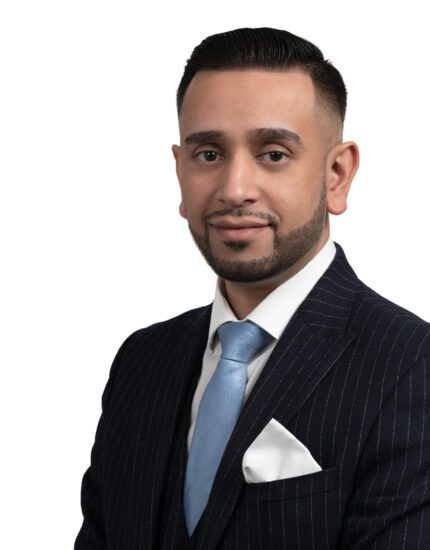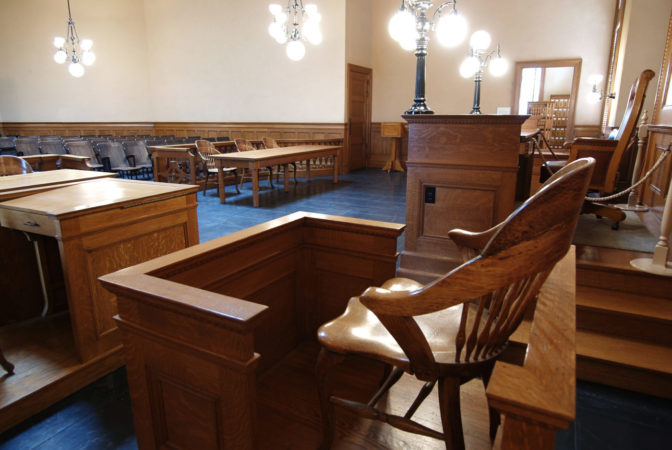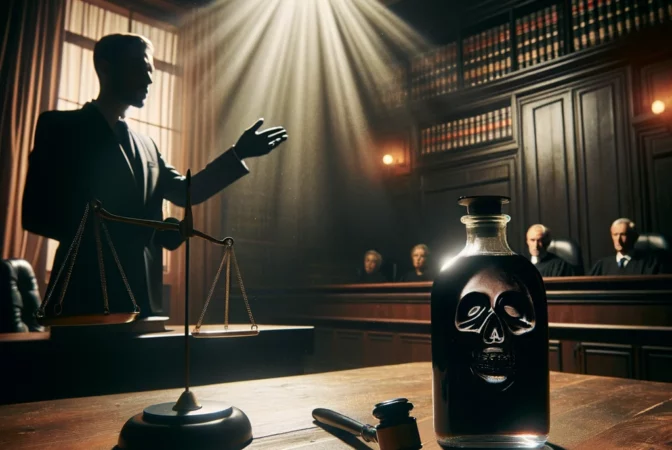Mr D, a foreign national, was put on trial over allegations he brought vulnerable people into the country from Poland for forced labour.
It was claimed that he – and two others – controlled the wages of their victims.
Charged with human trafficking, modern slavery, money laundering and fraud, Mr D turned to Stuart Miller Solicitors to fight his corner.
He denied having any knowledge of human trafficking or force people to undertake compulsory labour.
Prosecutors relied upon one witness who claimed he was a victim of the alleged gang, and enlisted police officers to give evidence.
They also relied upon phone communications to pinpoint Mr D’s involvement.
But serious crime lawyers for Stuart Miller Solicitors began to unravel the case by putting forward a host of legal arguments to stifle the prosecution plan.
Mr D’s legal team successfully stopped the introduction of hearsay evidence – testimony or documents quoting people who are not present in court – suggesting that there were other alleged victims.
A spokesman for Stuart Miller Solicitors said: “It was made clear at an early stage by us that if the prosecution wished to rely upon these other suspected victims, it would have to obtain full witness statements and call them at trial to give evidence.”
“Prior to the trial commencing the prosecution were pressured by the defence to review the evidence.
“As a result the Crown conceded that they did not have sufficient evidence to say that others were victims of trafficking subject to modern slavery.”
Stuart Miller Solicitors, and Mr D’s instructed barrister, also limited the number of text messages put into evidence and stopped prosecutors from putting a voice recording in front of jurors.
And through effective cross-examination of the sole alleged victim, questions were raised as to whether he had been subjected to the legal definition of ‘forced labour’.
A spokesman said: “At the end of the prosecution case the defence made submissions of no case to answer on the basis that there was no evidence to conclude that the alleged offences occurred or that Mr D was involved in such offences.
“The jury could not be made sure that Mr D was involved from the evidence before the court.
“The judge was satisfied that there was insufficient evidence and delivered not guilty verdicts on all counts.”







